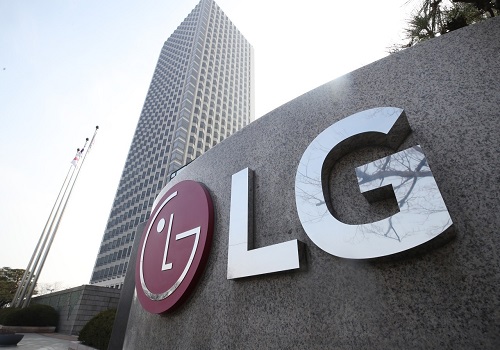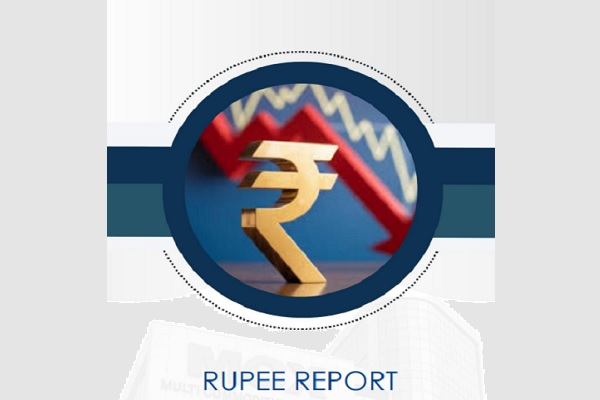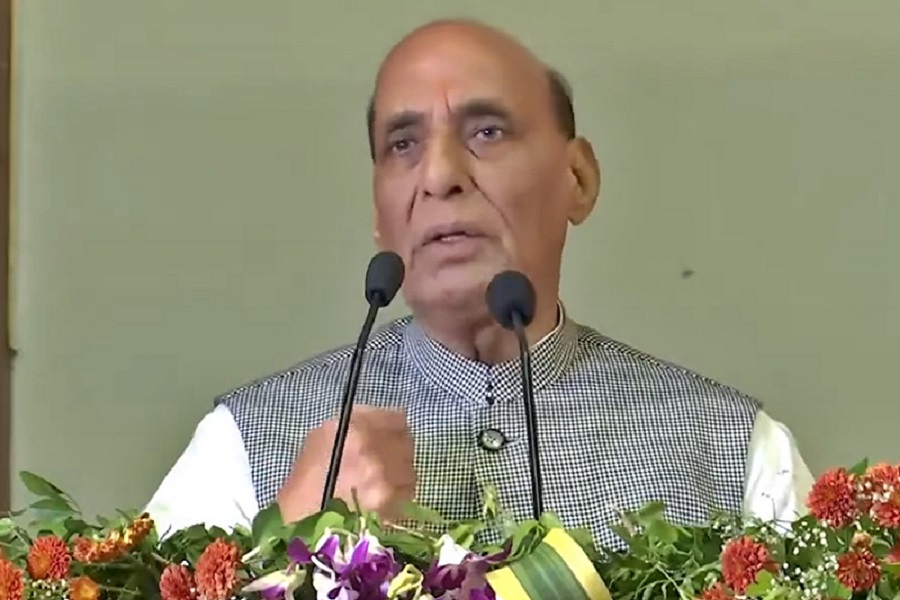Diet Report : Strategy - India–UK FTA : timely trade boost by Elara Capital

India–UK FTA: timely trade boost
The India and UK Free Trade Agreement (FTA) comes at a geopolitically fragile time when trade uncertainty remains heightened. The deal also is the biggest in UK’s history since Brexit. While the detailed trade deal document from India is not yet available, official UK government sources indicate the bilateral trade is expected to increase by GBP 25.5bn (USD 34.1bn). The UK said 90% of tariff lines will be reduced for British exports to India, including 85% that will be fully tariff-free within a decade. Our analysis of World Trade Organization (WTO) data indicates the Top 10 goods that face tariffs by the UK formed 3% of India’s exports to UK in CY24 as such significant gains are likely in those commodities. Beyond the trade dynamics, key positive from the deal is India securing an exemption for temporary Indian workers in the UK and their employers from paying social security contributions for a period of three years under the Double Contribution Convention – this is likely to increase foreign remittances into India from UK. Data indicates UK’s share in overall remittances into India was 10.8% in FY24 vs 6.8% in FY21.
FTA a timely development: The trade deal is a welcome move, in our view, for both countries as it helps insulate from a highly uncertain global trade environment and reflects the urgency of the countries to diversify amid rising US-China tariff war. Geopolitically, the deal also improves prospects of the EU-India trade deal and keeps the potential of threats coming from other side of the Atlantic at bay. Separately, India’s FTA deal with UK can provide early indication of how the US deal can shape up, both on the tariff and investment front.
FTAs lead to growth and diversification: Evidence from recently signed FTA with Australia shows significant gains in diversification as well as export growth post FTA. India’s total goods exports post FTA which was signed in Dec 2022, was 1.5x (in FY24) higher than FY18-FY23 average and overall goods trade was 1.2x higher in FY24 vs FY18-FY23 average. Share of Australia in total exports of India was 1.8% in FY24 vs FY18-FY23 average of 1.36% and for imports, the share was 2.4% vs FY18-FY23 average of 2.5% Key sectors, such as textiles, agri-products, gold jewelry, and turbojets, saw significant growth due to tariff reduction
Market view: The FTA marks a strategic shift away from China-centric trade dynamics, particularly following India’s unwillingness to join Regional Comprehensive Economic Partnership (RCEP) and exit from its negotiations in CY19. In terms of specific products, India’s textiles and garment sectors can benefit from it. According to NDTV Profit on 7 May 2025, textile duties may reduce from ~12% to nil, a positive for India’s exporters. With this, India currently matches Bangladesh most favored nation (MFN) status and Vietnam FTA in securing tariff-free access to the UK. While the FTA enhances India’s textiles competitiveness, sustained gains will depend on improved cost structure and productivity. Import duty on spirits is expected to come down from 150% to 75% and then 40% over a decade. While competition from imported scotch whiskey (no of cases) might increase, Indian Alco-bev sector which uses bulk whiskey as raw material for Blended scotch— stands to benefit. For United Spirits, this reduces the duty-free premium from 31% to 20%, making Scotch more competitive in the Indian market, probably giving a much-needed volume respite. For UK car manufacturers, the reduction in car import duties from 100% to 10% (under a specified quota) might aid, especially in the luxury segment. A duty reduction will make some of the luxury cars cheaper, but the prices will remain above INR 8-9 mn. The market in India at this price point is miniscule and hence will not have any material impact on listed OEMs in India. Overall, the trade deal appears to favor India's laborintensive industries such as textiles, leather goods, and agricultural products. Strategically, the deal carries geopolitical significance — reinforcing bilateral resilience amid global trade uncertainty, especially in context of evolving US dynamics.
Please refer disclaimer at Report
SEBI Registration number is INH000000933





.jpg)


















